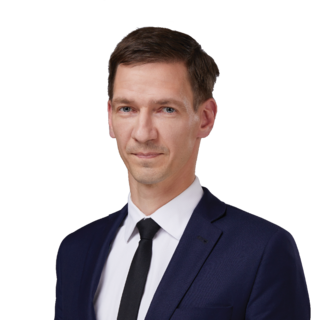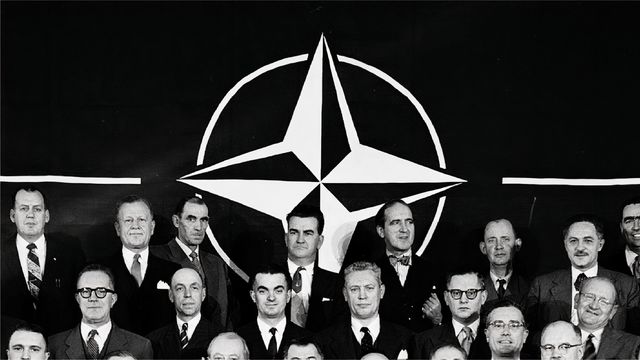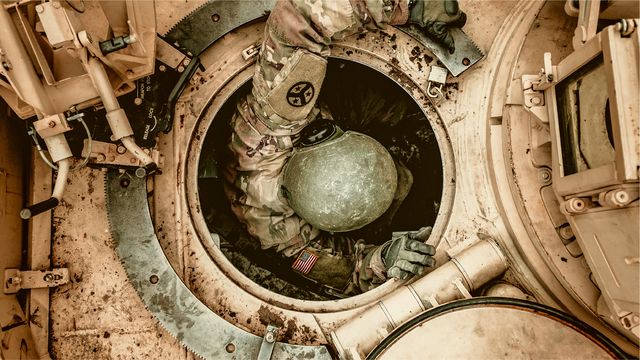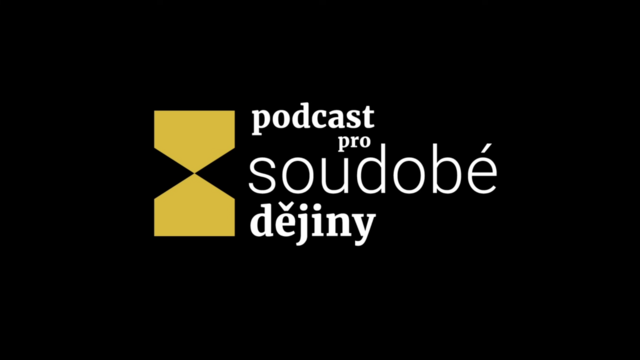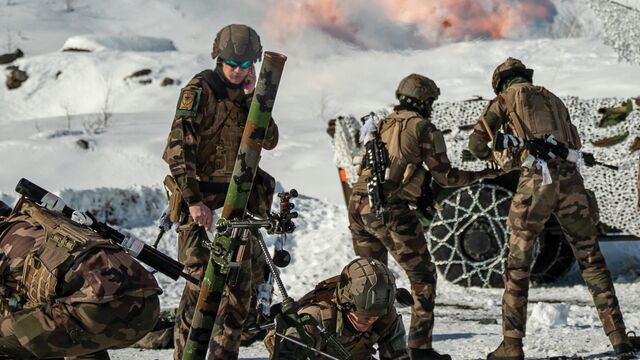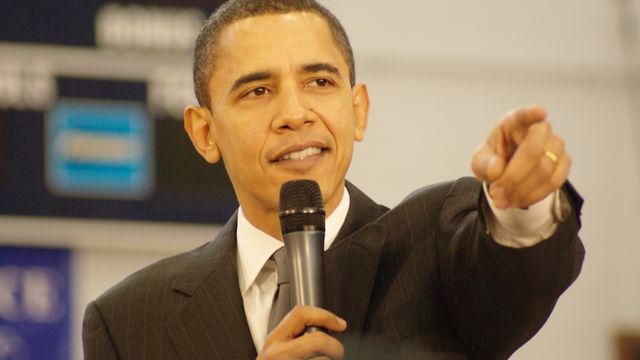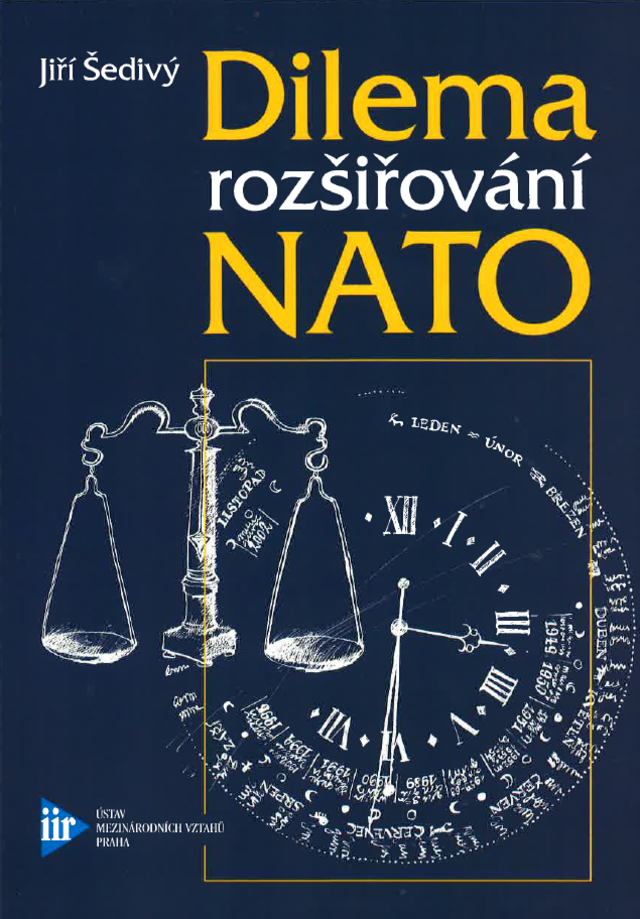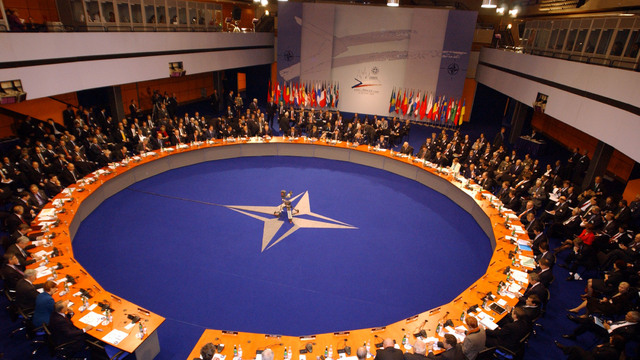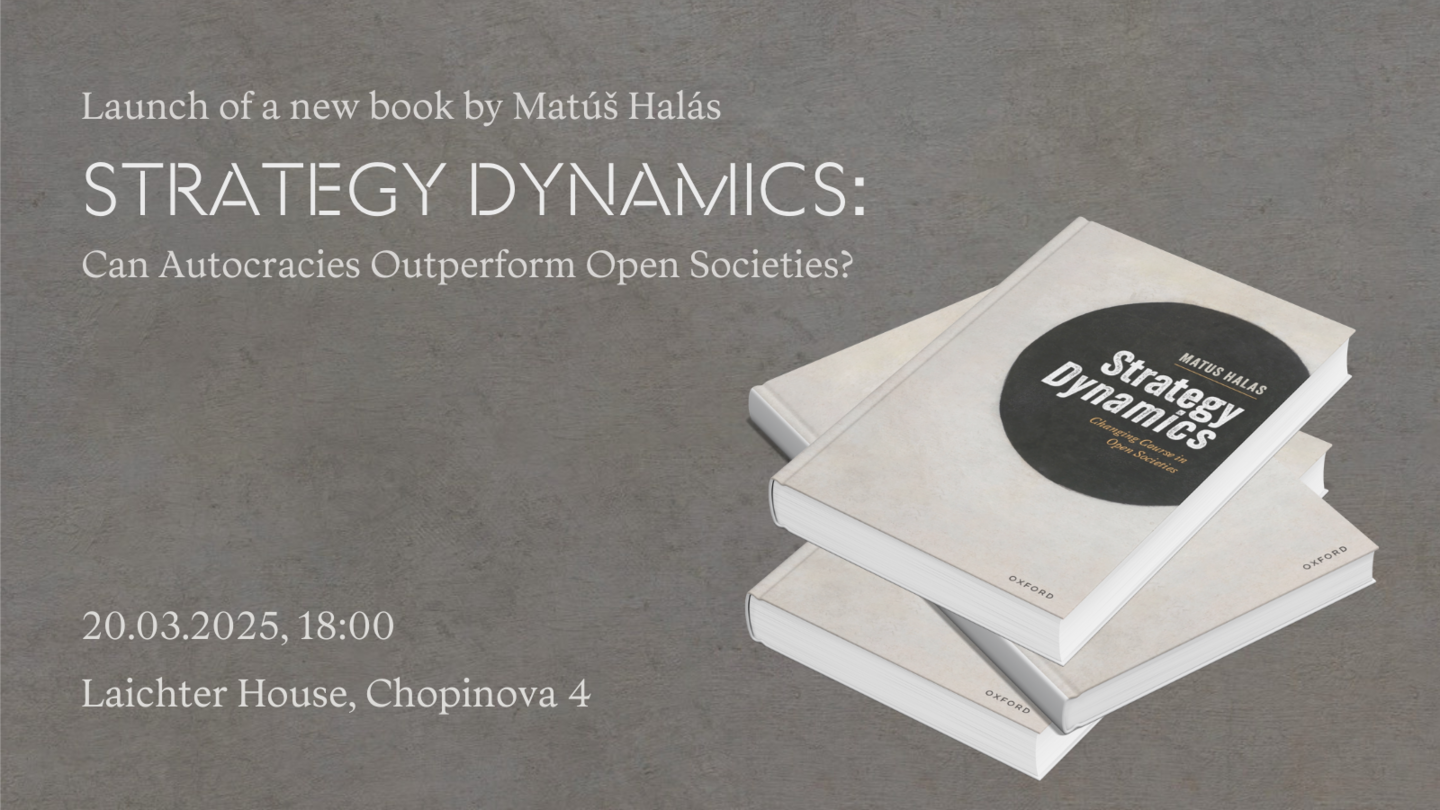
Book Launch: Strategy Dynamics: Changing Course in Open Societies
We cordially invite you to the launch and discussion of Matúš Halás's new book, "Strategy Dynamics: Changing Course in Open Societies". The event will explore the provocative question: Can Autocracies Outperform Open Societies?
20. 3. 2025 (18:00)
Jazyk: English Laichter House (Chopinova 1543/4, Vinohrady, 120 00 Prague 2)
If, after reading the latest news, you increasingly feel that Judgement Day is just around the corner, you’re probably not alone. Perhaps our upcoming IIR event will then lift your spirits — at least a bit. The core message of the forthcoming book written by our colleague Matúš Halás, published by the Oxford University Press, is that open societies are well-equipped to adapt efficiently and effectively to adverse circumstances.
He argues that the ability of open societies to accommodate friction and adjust their strategies sets them apart from autocracies. As a result, open societies are likely to perform better than autocratic regimes and ultimately outcompete them in the long run. It may be a tough journey, but the 21st century is unlikely to belong to China or Russia in the end.
In addition to three case studies—Havel and NATO, Mitterrand and European integration, and Reagan’s Middle East policy — Matúš Halás also did his research at several war colleges to explore what future military leaders in Washington or Paris think about this issue.
If you’d like to know more about his findings or simply need a dose of optimism, don’t hesitate to register below.
|
Author
Moderator
Panellists
|
You can now order the book with a 30% discount using the code AUFLY30 via the via this link.
Matúš Halás works at the IIR as a Senior Researcher and member of the Centre for European Politics since 2018. He received his PhD in International Relations from the Faculty of Social Sciences, Charles University in Prague, and he studied political science at the Comenius University in Bratislava. His professional interests include strategic studies, deterrence theory, NATO, and European security. Due to his work, he spent some time at the Center for International Studies (CERI) at Sciences Po in Paris and he did his research at the National War College in the United States as well as L’École de guerre in France.
